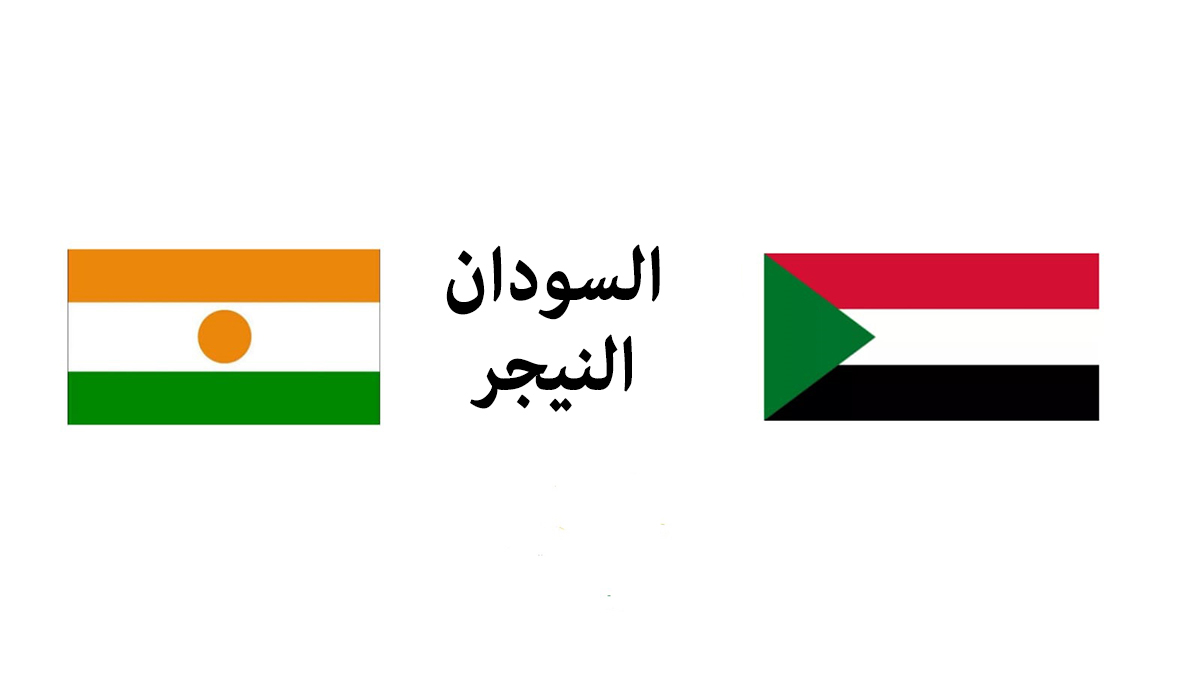
Niger Coup... ECOWAS Takes Action
By Abdullah Rizk Abou Seimazah
The Sudanese political circles received with noticeable interest the news of the military coup that took place in Niger last Wednesday, overthrowing the elected President Mohamed Bazoum and ending the democratic rule. Simultaneously, political forces in Sudan, along with their allies both domestically and internationally, are intensifying efforts to remove the military from the political scene. They also aim to restore the path of democratic transition, under civilian leadership, as part of the efforts to end the ongoing conflict that has persisted for over three months between the partners of the October 25, 2022 coup.
This interest stems from the fact that the coup is part of a series of coups witnessed in the African Sahel region. This region is inherently volatile due to the activities of jihadist groups affiliated with al-Qaeda and ISIS, particularly.
During its recent summit, the Economic Community of West African States (ECOWAS) discussed a proposal to form a regional force to participate in the war against jihadist groups after Frances withdrawal from the conflict. However, ECOWAS, known by its abbreviation ECOWAS, also saw the proposed force as having a role in countering military coups that threaten democracy on the continent, as they also jeopardize stability.
This is a new initiative that has not been tested yet. Perhaps the coup in Niger, which the group is holding a meeting about today, Sunday, will provide a second chance to assess its viability and effectiveness. There is a precedent for using military force to protect legitimacy, such as the intervention of the Senegalese army in Gambia to force President Yahya Jammeh to hand over power to his rival Adama Barrow, who had won the presidential elections held at the end of 2021.
The fifth coup in Niger and in the Sahel region poses a new challenge for ECOWAS and adds an additional burden at a time when its diplomatic efforts to restore civilian rule through negotiations with the coup leaders in Mali, Burkina Faso, and Guinea-Conakry are stalling. This is also a significant issue for Sudan.
The rise of Mohamed Bazoum, who belongs to an ethnic minority, through democratic elections, could have symbolized the maturity of the political experience in Niger. It could have transcended narrow racial and tribal prejudices in favor of broad national belonging. This progress stands in contrast to many similar experiences across the continent, including the Sudanese experiment.
It is worth noting that some anti-democratic groups have celebrated the coups success, revealing not just their opposition to democracy but also their deeply-rooted racism and hatred for others.

